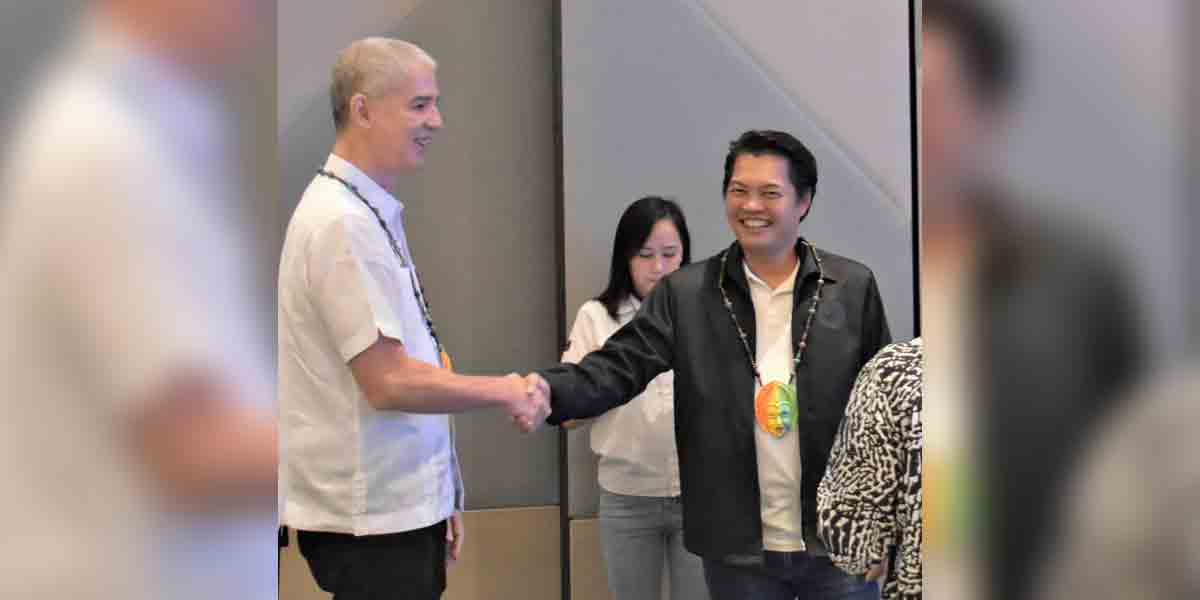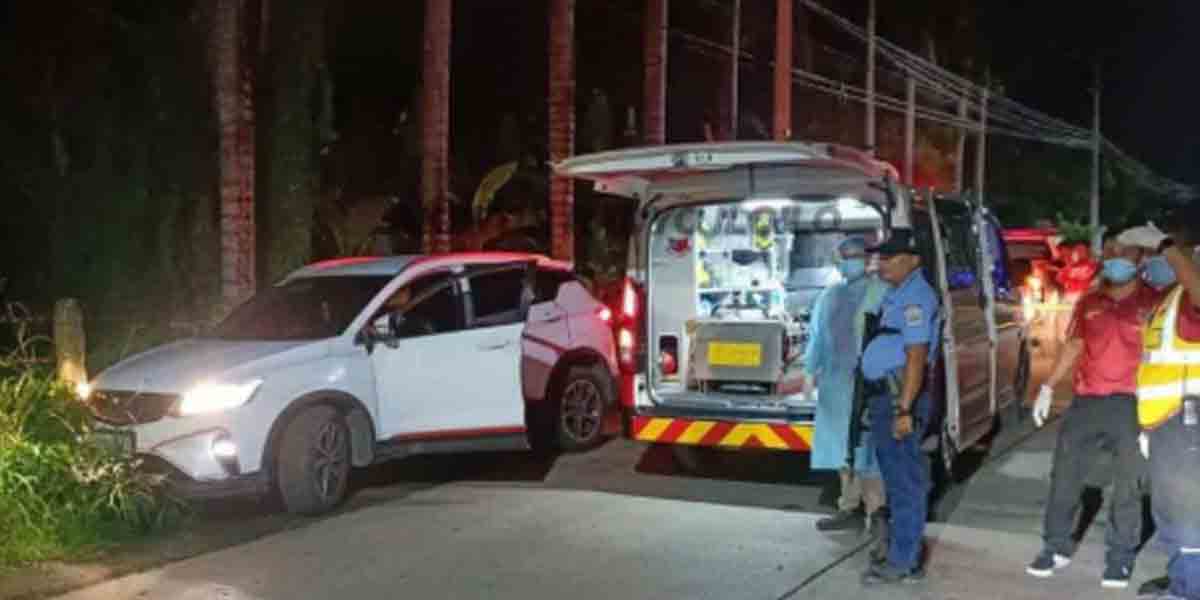 By Modesto P. Sa-onoy
By Modesto P. Sa-onoy
Last Saturday I cited the defenses against criticisms of the anti-Terrorism bill. Now comes Senator Panfilo Lacson, the main author of this proposed measure (Malacanang has distances itself from initiating this bill), saying that the term “terrorism” is based on the definition of the United Nations.
The UN definitions are always altruistic but commonly violated because it is open to interpretations by its member states. It is more like a wish than tight limitations on what the word means in practice. It need not be precise because its definitions are of global guidance. The widespread violations of this definition indicate the weakness of its meaning as understood or enforced in various states.
According to the defenders of the anti-terrorism bill, this proposed measure (originally Senate Bill 1083) seeks to repeal and replace Home Security Act of 2007, the current anti-terrorism law, because the “police and military officials said it no longer responds to the evolving nature of security threats against the country.”
What is this “evolving security threat”, other than the ageing communist insurgency? Are the Armed Forces of the Philippines and the Philippine National Police insufficiently equipped to handle them?
Foreign Affairs Secretary Teodoro Locsin Jr. declared he is “ready to defend the anti-terrorism law before the United Nations Security Council, saying the controversial proposed measure is so far so good filled with safeguards for rights and liberties.
“This is my duty as Secretary of Foreign Affairs who will defend before UN Security Council our Anti-Terrorism Law passed pursuant to UNSC antiterrorism resolution. I would not take anyone’s word for anything to do with my duty as foreign secretary. Never presume regularity.” Locsin was quoted from his official Twitter account last week.
He added that he was reviewing the anti-terror bill that was “authored and sponsored by one I deeply trust – Sen. Lacson – to see if there is, as in the bill crafted and sponsored in my time, something to be feared for our liberty and safety and enough safeguards to protect them.”
In sum, he added, “it is replete with safeguards for our rights and liberties while providing punitive measures against those who violate their duty to protect us from their own terrorism. Out of this we shall develop police and military forces the envy of the democratic world.”
Apparently piqued at the way some legislators are defending the bill, Locsin lambasted the “lousy English usage. No such expression as ‘any terrorism’ (expletives deleted)! Does not the Legislature have newspaper copyeditors? Hire them. They’re a dying breed.”
On its part the Department of Justice said it will start its own review of the bill, some provisions of which have drawn flak over constitutionality issues. The latest report says over 700 lawyers had raised constitutional questions against the bill.
According to Locsin, Justice Secretary Menardo Guevarra, can take his time reviewing his copy knowing “what I will miss he will not. I must defend this abroad. And I do not like my country portrayed as a banana republic on the evidence of bad laws.”
While local officials claim the definition of terrorism hews to that of the UN, the UN Human Rights Office said on Thursday last week, “the Philippines has a longstanding and robust tradition of human rights advocacy and activism, but the vilification of dissent and attacks against perceived critics are being ‘increasingly institutionalized and normalized in ways that will be very difficult to reverse.’”
That is diplomatic way of criticizing the bill.
And speaking of definitions, Presidential spokesman Harry Roque cited the case of David vs. Arroyo, wherein an act of then President Gloria Macapagal-Arroyo was declared unconstitutional because there was no definition of terrorism at the time.
“The difference is terrorism now has a definition not just in the Philippines but also in the UN system. So, it is hard to win just like what happened to us during the David vs. Arroyo case,” he added.
Roque reiterated that the bill has enough safeguards against human rights violations. Regarding the provision allowing the detention of suspected terrorists, Roque said law enforcers have to inform the nearest judge of their arrest of a suspected terrorist before filing appropriate charges.
“If the arrest is malicious, there is a corresponding imprisonment that lasts for up to 10 years,” Roque said, referring to the arresting officer.
Fine, but not enough guarrantee.




















